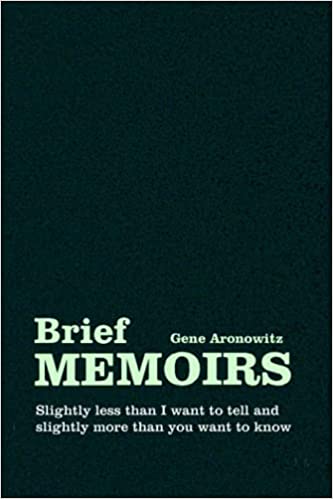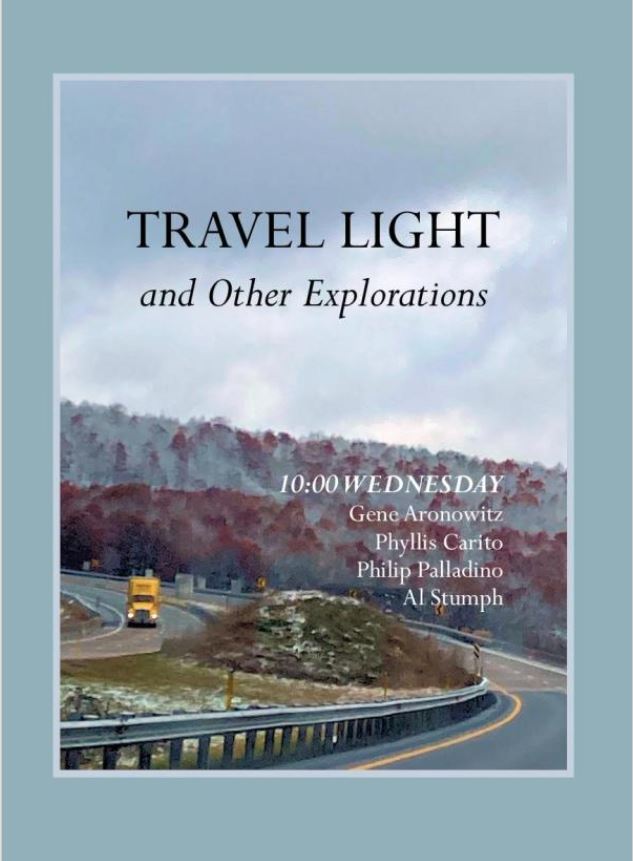My Small Talk Disability
By Gene Aronowitz
In 2011, I was a member of Transportation Alternatives, a street safety advocacy organization in New York City. They were holding their annual meeting. Three days before the event, I got a call from one of the staff. “Gene, we don’t have your reservation yet. Are you planning to come to the gathering?”
“I wasn’t planning on it.”
“I think you should come.”
“I can’t stand those events. Too much noise. Can’t hear anything.”
“I’m not supposed to tell you this, but you were selected Volunteer of the Year, and there’s going to be a presentation.”
“Oh, I see.”
I went to that annual meeting but sat isolated and a little morose until they called me up to get a lovely certificate. Then, people came up to me to offer congratulations and share a few pleasantries, none of which I could hear clearly or appreciate. I loved getting the award but hated the gathering.
At these events, people must shout to be heard, a strategy that’s usually unsuccessful because the shouting of hundreds of people can be deafening and lessen the ability of anyone to understand anyone else. Hearing aids have helped somewhat in recent years, but I speak softly, and the din obliterates my speech. Also, I speak slowly and somewhat thoughtfully. There is often a moment of silence as I consider what to say. That’s just enough time for people to tune out and for someone else to fill the gap. Small talk is hardly one of my strengths.
The only large group events in which I feel comfortable are funerals. The hushed tones people use make communication generally accessible, and I usually don’t have too much difficulty knowing what to say. Even if I can’t be heard, my body language and facial expressions tell people everything they need to know. But obviously, that doesn’t mean that I look forward to going to funerals. It’s just that I dislike going to other events much more.
When I was a public official, I often had to sit on a dais during sit-down dinners, which the organizers considered an honor, but which I regarded as a burden. Not being able to hear was not the only problem. Particularly egregious times were when I was placed at the end of one of those long tables, and the two people next to me spent all night talking with each other. I resented being so isolated and exposed. But not being at the end was not that wonderful either. It irritated me to have to lean back away from the food when the person to my right and the person to my left wanted to say something to each other.
I always despised dais sitting and came up with what I thought could solve the problem. In 1984, I was the Chair of the fund-raising campaign of the United Way of Westchester County, New York. I insisted that all United Way fundraising events use what came to be called the Aronowitz Dais Design. It consisted of small round tables on an elevated platform. Even if I was not involved in any conversations, at least I didn’t look and feel ill at ease. I could nod at the speakers even if I couldn’t understand a word they were saying.
Now, in my eighties, I’m no better at small talk than I ever was, despite having read many books on the subject over the years. But this "disability" is no longer an issue for me. Except for literary readings, I rarely interact in groups of more than four people. Four is a good number, with the exception of trying to communicate in noisy restaurants because the other three can always keep the conversation going if I happen to run out of things to say.


